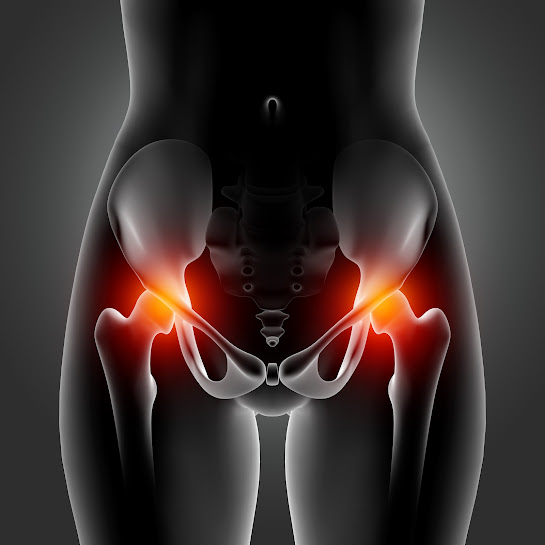Hip Pain: Causes and Treatment

Hip pain is a general term for any pain in the hip region. It can be caused by a variety of factors, including osteoarthritis, muscle strains and tears, and other medical conditions. It can be debilitating and difficult to treat, but there are many ways to manage it The Different Types of Hip Pain There are a few types of hip pain that patients can experience. The most common type is called anterior hip pain. This type of pain is typically caused by an injury to the hip joint. Other types of hip pain include: Posterior Hip Pain: This type of pain is typically caused by a problem with the hamstring or gluteal muscles. Osteoarthritis of the Hip: Osteoarthritis is a condition that affects the cartilage and bone in the hip joint. It can cause pain, stiffness, and limited range of motion. Facet Joint Syndrome : This syndrome is caused by problems with the bearings within the joint. As a result, you may experience pain, swelling, and limited mobility. Piriformis Syndrome : Pirif...